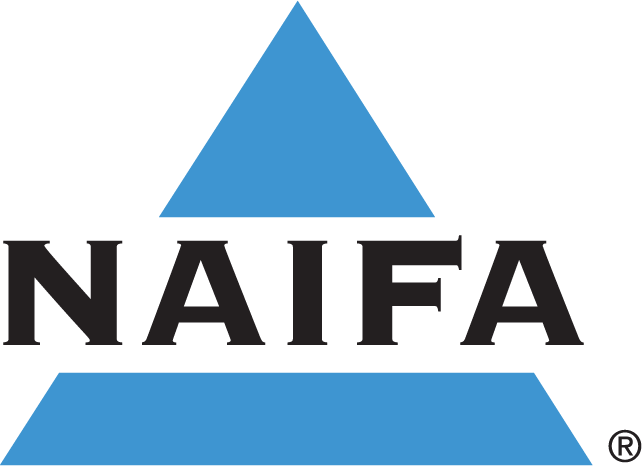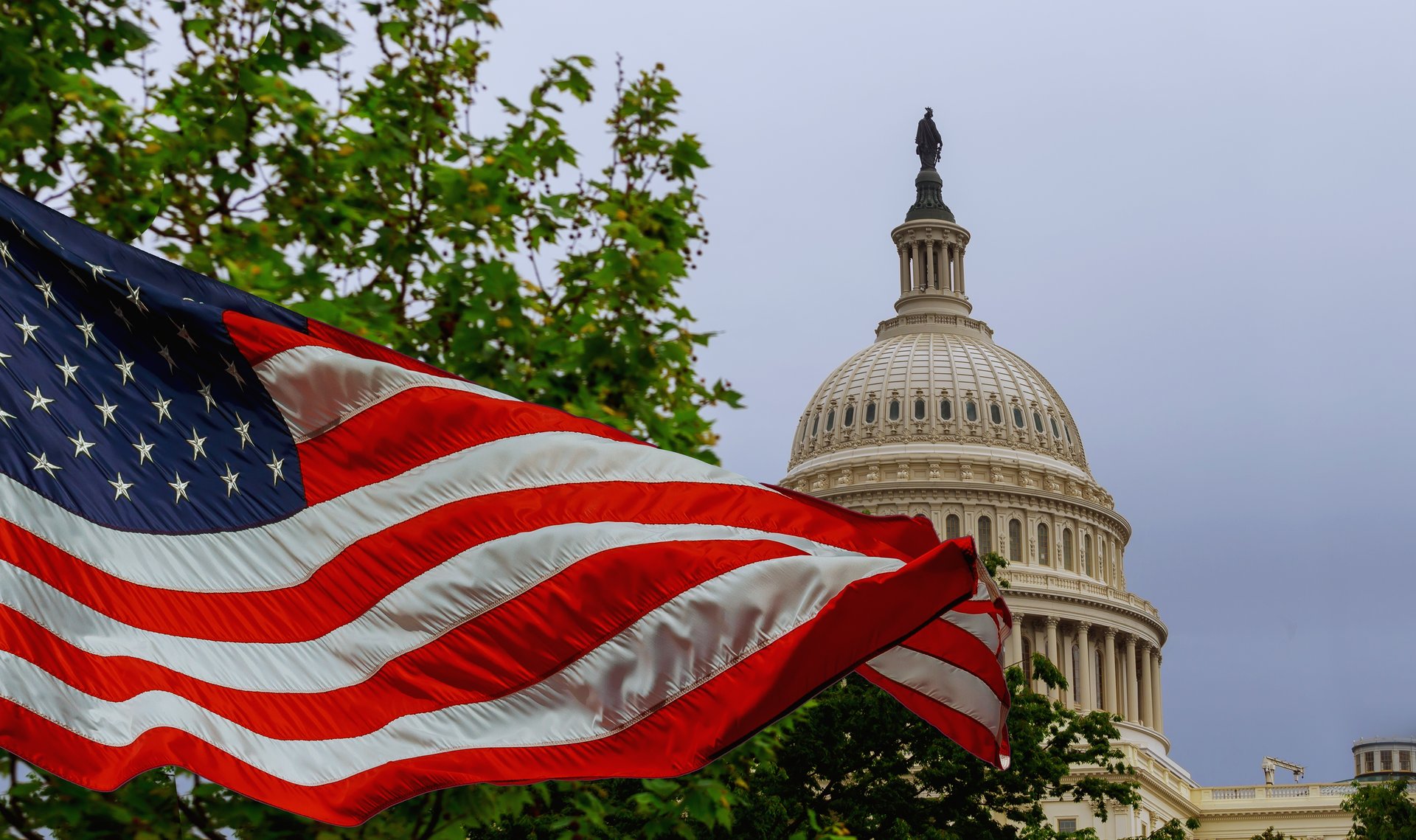On October 1, 2020, the IRS posted final regulations for the NAIFA-backed Achieving a Better Life Experience (ABLE) accounts.
The ABLE Act of 2014 allows states to create tax-advantaged savings programs for eligible people with disabilities. Under new rules from the IRS, ABLE account beneficiaries can save more on their own and transfer unused college savings funds.
The final regulations adopt changes related to the 2017 tax law, which amended Section 529A to allow certain “designated beneficiaries” to contribute more than the annual gift tax limit of $15,000 to their ABLE accounts.
The new rules:
- Allow employed account holders to contribute, capped at the poverty line for a single-person household in their state, through 2025.
- Allow for tax-free rollovers from the same beneficiary’s 529 college savings plan to their ABLE accounts.
- Expand the “hierarchy” of people authorized to establish or sign off on changes to ABLE accounts. The additional types of people include any individual selected by the eligible ABLE account holder; the account holder’s agent under a power of attorney; a conservator or legal guardian; the account holder’s spouse, parent, sibling, or grandparent; or a representative payee appointed by the Social Security Administration.
- Require a qualified successor must be named before the account holder’s death; otherwise, any remaining assets in the account pass through the decedent’s estate, minus the corresponding estate taxes.
NAIFA continues to champion ABLE accounts for working-age people with disabilities who can use these savings accounts to cover qualified disability expenses and can lead to financial independence over time.







